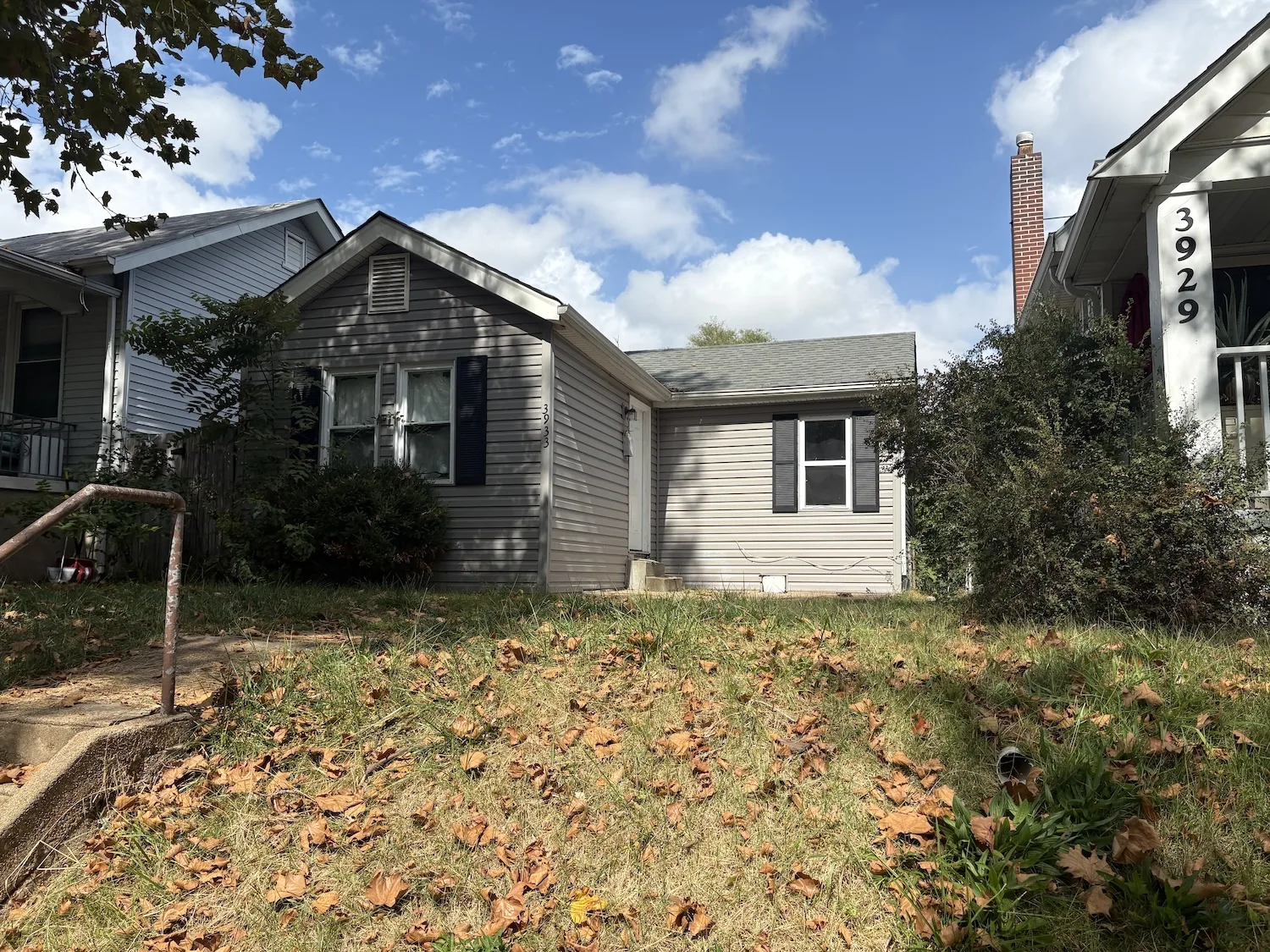S
t. Louis is now home to a new breed of property investor—one that blends blockchain technology with a communal ownership model. The system, built on decentralized autonomous organizations (DAOs), lets anyone buy a token that represents a slice of a house, much like buying a share in a company. The tokens grant voting rights, so owners can influence decisions about the property.
Alderwoman Anne Schweitzer first encountered this model when she purchased a modest home in South City under the DAO structure. The house, located at 3933 Walsh Street in Bevo Mill, has become a source of endless complaints. Neighbors report a vacant, squatter‑filled property that violates code, and Schweitzer describes the ownership as treating real estate “like Pokémon cards.”
The DAO in question is the Lofty Holding 3933 Walsh Street DAO LLC, a Missouri‑registered entity formed in 2022. The filing lists Riley Park as the agent, a name that a 2024 Wired investigation identified as a fabricated persona created by Registered Agents Inc., a Wyoming company that registers businesses anonymously. Riley Park has reportedly acted as an agent for over 1,400 companies.
Lofty, the platform behind the DAO, is an AI‑driven real‑estate marketplace that allows investors to buy as little as $50 in a fractional stake of a property. The company has received backing from Y Combinator and has created 38 Missouri LLCs under the “Lofty Holding” banner, many of which are based in South City. Lofty’s co‑founder, Max Ball, insists the firm does not own or manage any properties; it merely connects buyers and sellers. Property managers are chosen by the DAO owners themselves, either from within the group or from third‑party firms.
Despite Lofty’s claims, city officials have been inundated with complaints. The St. Louis Citizen Services Bureau received four requests to board up the Walsh Street house, and the Building Division issued two notices to secure the garage and main building. Residents report that squatters have been living in the property, breaking windows and leaving the premises at night. The grass around the house has become overgrown, and attempts to contact the owner have been futile.
Schweitzer’s frustration stems from the difficulty of holding a decentralized owner accountable. “When ownership is traded like a Bitcoin, it’s hard to figure out who’s responsible,” she says. She has spent roughly two weeks trying to locate the DAO’s owner, only to find that the property manager could be reached by email. Schweitzer remains skeptical of the manager’s authenticity, a doubt that Wired’s reporting may have justified.
On September 17, the DAO voted to sell the property. City records still list the DAO as the owner, but both Schweitzer and the property manager believe the sale process is underway. While the resolution may bring relief to the neighborhood, Schweitzer questions how many other properties in the city are similarly entangled in opaque ownership structures.
The Walsh Street case illustrates the challenges of managing DAO‑owned real estate in a traditional municipal framework. As more investors turn to blockchain‑based platforms like Lofty, city officials will need new tools to enforce codes, ensure accountability, and protect residents from neglected properties.















